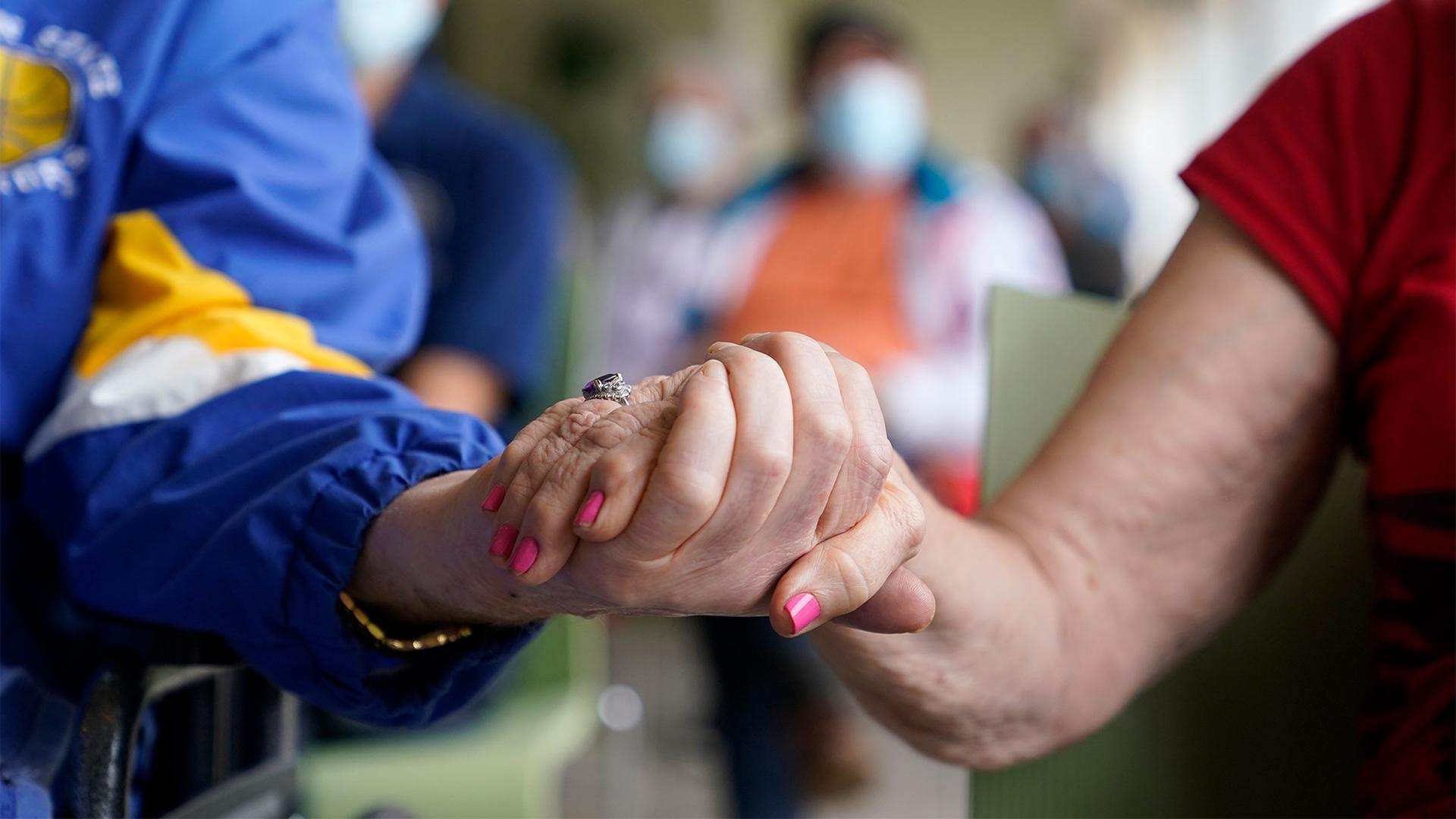Most people try to break Guinness World Records while they’re still alive, but a family in the Eastern African nation of Eritrea is trying to get Guinness to recognize their grandfather as the oldest man to have ever lived. Netabay Tinsiew died this week. He was 127 years old, according to his family.
Related: Japan eases immigration restrictions to fill chronic care worker shortage
But just how long can humans live? And is there a trick to longevity? Dr. James Kirkland, director of the Robert and Arlene Kogod Center on Aging at the Mayo Clinic, joined The World’s host Marco Werman from Rochester, Minnesota, to discuss these age-old mysteries.
Marco Werman: Dr. Kirkland, the family in Eritrea claims their relative lived to 127 and they have documentation to prove it. Does that strike you as plausible, first of all? And is that the outer limit for a human lifespan?
Dr. James Kirkland: It may be plausible. Up to now, the longest-lived person was a woman in France who was just short of that same age. So, it might well be plausible, but we’ll have to see the documentation.
And 127, can humans live beyond that?
Who knows? At this point, the real focus of the field, rather than looking at maximum lifespan, is trying to look at and improve what we call health span, the period during life when people are living free, independent and without multiple diseases and chronic pain. The notion, I think, across the aging field is to focus on adding life to years rather than years to life.
So, what are the factors that determine how people will manage to live a long life?
There are increasingly discoveries about what we call the pillars of aging, the fundamental processes that begin from conception on, from the beginning of life on, that result, ultimately, in an increase in disease predisposition and in changes that occur with aging and older individuals.
Life can be difficult when you live past 100. I can’t imagine being in my 120s, but with all the advances in science, will we start to see people not just living longer, but living better as we get into extreme old age?
So, there are ways now that we can target some of these fundamental pillars of aging. And in experimental animals, at least, there’s a lot of promise and clinical trials have started for conditions that are serious, but where we know that fundamental aging processes from experimental animal studies appear to make a contribution. And these include things like Alzheimer’s disease, consequences of chemotherapy or radiation, what happens in obesity and diabetes, even coronavirus. There are three trials underway now of these kinds of agents to try to reduce morbidity and mortality from coronavirus based on targeting fundamental aging processes.
So, if we’re looking to live deep into old age and live well, you’ve mentioned a couple of things, diet, exercise, don’t smoke. Anything else?
Stress and psychological stress and other kinds of things can be issues, getting regular preventive care. We know that certain kinds of cancer screening, and so forth, are very valuable. Immunizations along the way for disorders that target people in particular phases of life are very, very important. So, all of these things together, and reducing risky behaviors and so forth where that’s appropriate, can help.
This interview has been lightly edited and condensed for clarity.
Sign up for our daily newsletter
